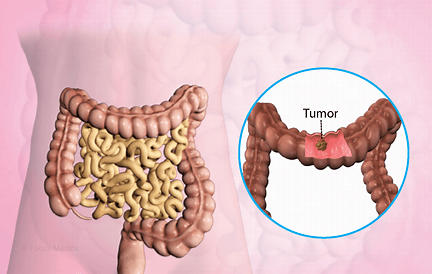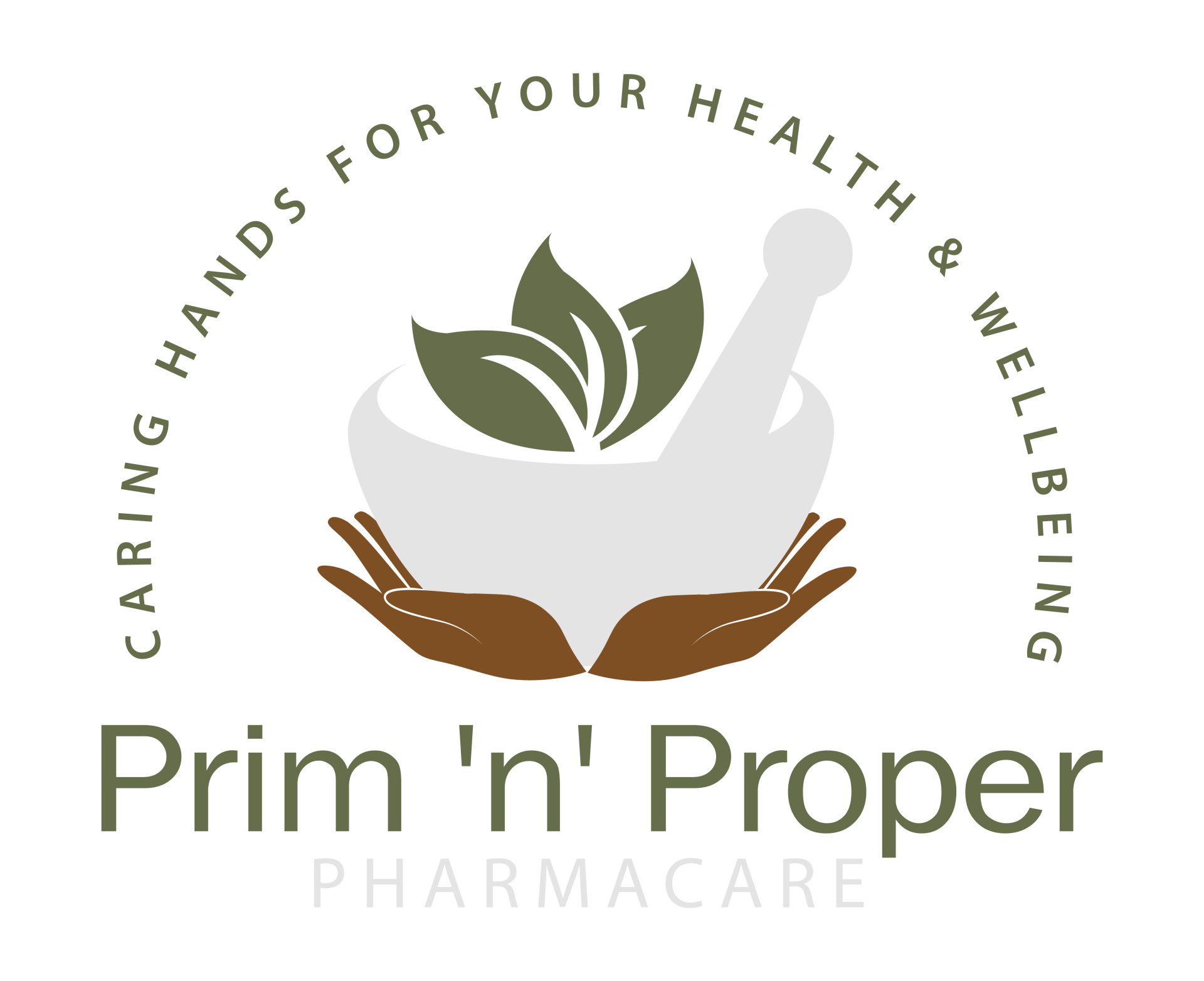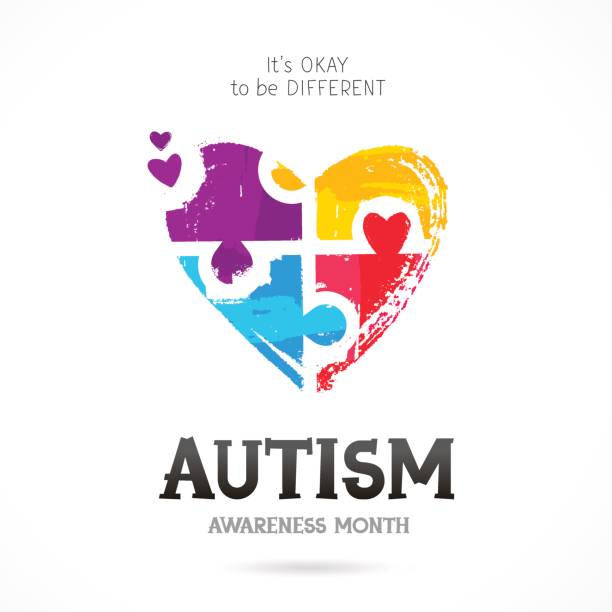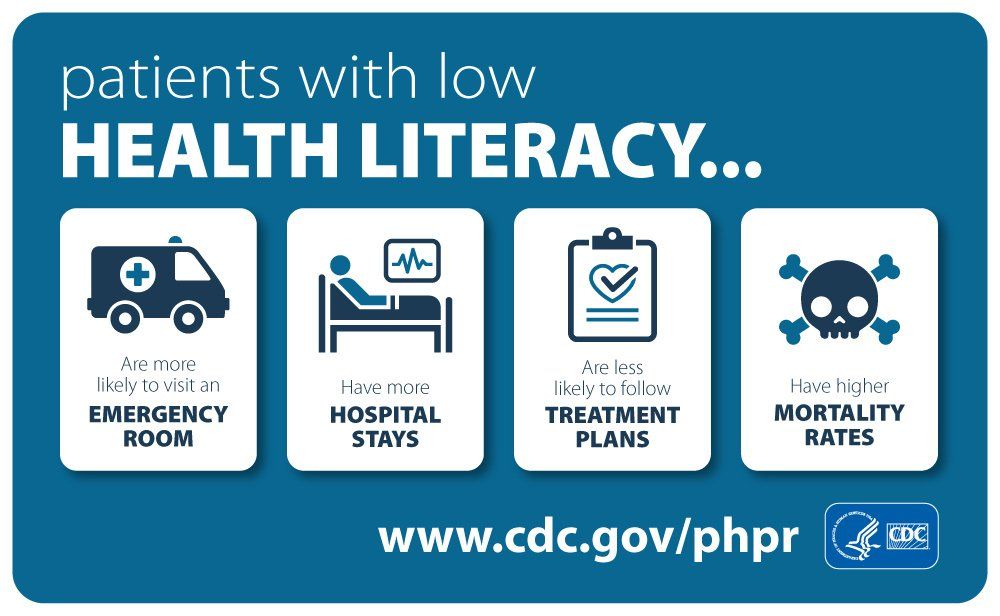Blog Layout
Creating Breast Cancer awareness and education for the early signs of breast cancer is one of the best ways of having positive prognosis in the treatment of breast cancer
Nnenna Nwachukwu • Oct 27, 2021
What Are The Early Symptoms of Breast Cancer

According to The American Cancer Society, It is estimated that over 280,000 women and over 2,600 men will be newly diagnosed with invasive breast cancer in 2021, and about 43,000 women and 530 men will die from breast cancer. The key to a better prognosis is to be proactive and talk to your healthcare provider if you notice these symptoms. If you are 40 years and above remember to go for a well check which will include your mammogram. Find below some of the early signs:
- A lump or mass felt in the breast
- An area of thickened tissue in the breast
- A change in the size or shape of your breast
- Swelling in or around the breast
- Irritation of the skin of the breast
- Dimpling of the skin of the breast
- Rashes on the breast
- Pain in the breast or nipple area
- Changes in the appearance of the nipple or surrounding skin.
- Discharge from the nipple
- Lump in the underarm area
https://www.symptomfind.com/health/condition-breast-cancer?utm_content=params%3Ao%3D740013%26ad%3DdirN%26qo%3DserpIndex

By Prima Nwachukwu
•
02 Mar, 2022
In the United States, colorectal cancer is the third leading cause of cancer-related deaths in men and in women, and the second most common cause of cancer deaths when men and women are combined. In 2020, it was expected to cause about 53,200 deaths. (1) Colorectal cancer is a disease in which abnormal cells in the colon and rectum grow out of control. It arises from adenomatous polyps; it is believed that preventing the growth of adenomas in the colon and rectum or removing any that appear will prevent colorectal cancer. (2) According to Center for Disease Control and Prevention (CDC), there are lifestyle factors that may contribute to an increased risk to colorectal cancer which include: lack of regular physical activities, diet low in fruit and vegetables, a low fiber and high fat diet or a diet high in processed meats, overweight and obesity, alcohol consumption and tobacco use. In a recent study, which was well-designed, randomized, conceived, and implemented using diet of wheat-bran fiber and the Polyp Prevention Trials carried out by Alberts et al came back disappointing with both trials primary end points being negative. Three to four years of either taking a daily wheat-bran supplement or following a diet that was low in fat and high in fruits and vegetables had no effect on the incidence of new colorectal adenomas. (3) Although these clinical trials came back disappointing, observational studies all over the world showed that the risk of colorectal cancer is lower among populations with high intakes of fruits and vegetables and that the risk changes on adoption of a different diet, but we still do not understand why. (4) To prevent and cure colorectal cancer, The U.S. Preventive Services Task Force recommends that adults aged 45-75 should be screened although certain conditions like inflammatory bowel disease, family history of colorectal cancer or polyps and familial adenomatous polyposis may need to be tested earlier. In conclusion, to significantly reduce colon cancer mortality rates in any given population, it is imperative that we follow CDC guidelines on screening tests and lifestyle changes where low-fat and rich fruits and vegetables diets can prevent lethal colon cancer. References: www.cancer.org/cancer/colon-rectal-cancer/about/key-statistics.html Winawer SJ, Fletcher RH, Miller L, et al. Colorectal cancer screening: clinical guidelines and rationale. Gastroenterology 1997;112:594-642[Erratum, Gastroenterology 1997;112:1060, 1998;114:625.] DJ, et al. Lack of effect of a high-fiber cereal supplement on the recurrence of colorectal adenomas. N Engl J Med 2000;342:1156-1162 The American Cancer Society 1996 Advisory Committee on Diet, Nutrition, and Cancer Prevention. Guidelines on diet, nutrition, and cancer prevention: reducing the risk of cancer with healthy food choices and physical activity. CA Cancer J Clin 1996;46:325-341
832-814-4466












Content, including images, displayed on this website is protected by copyright laws. Downloading, republication, retransmission or reproduction of content on this website is strictly prohibited. Terms of Use
| Privacy Policy






